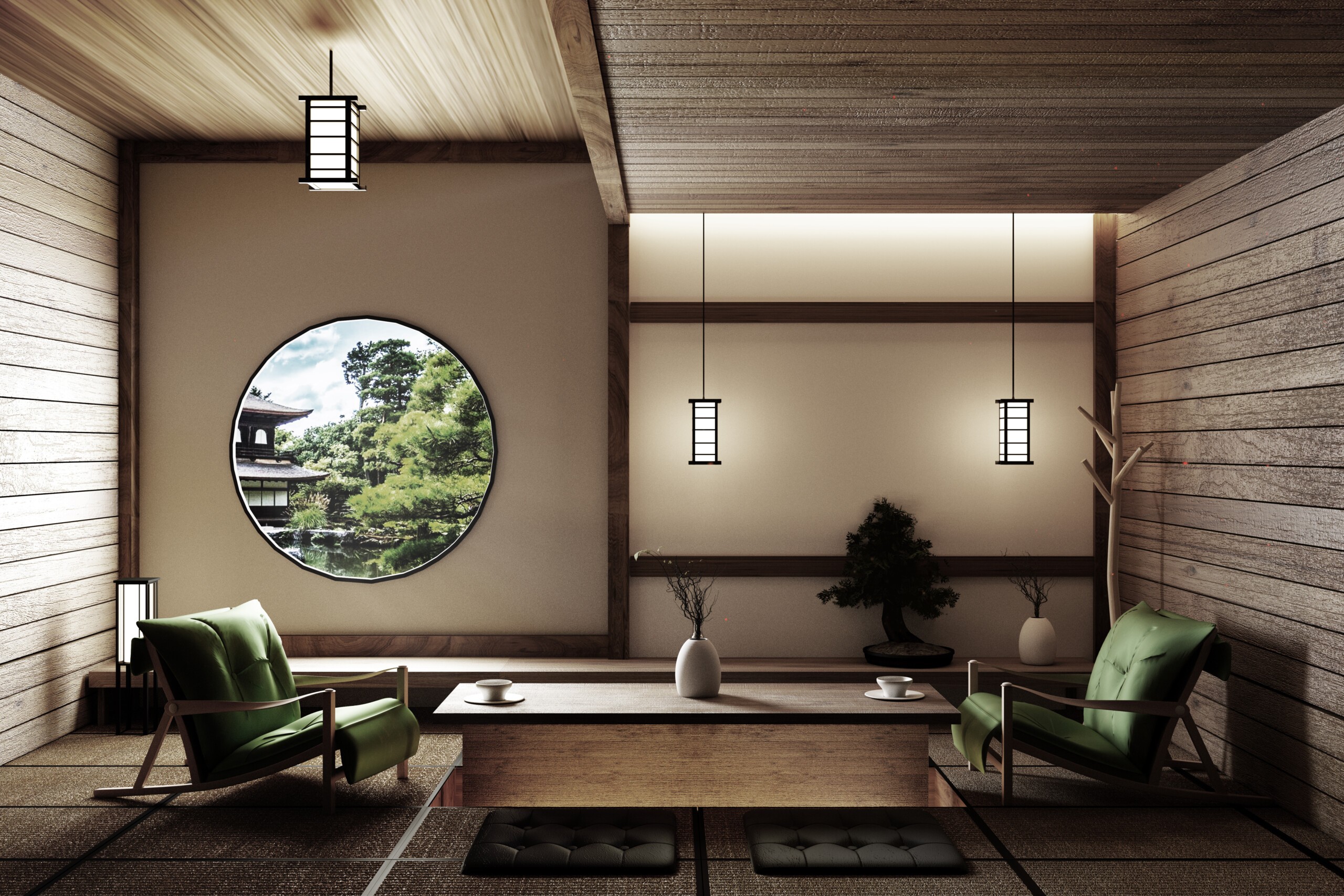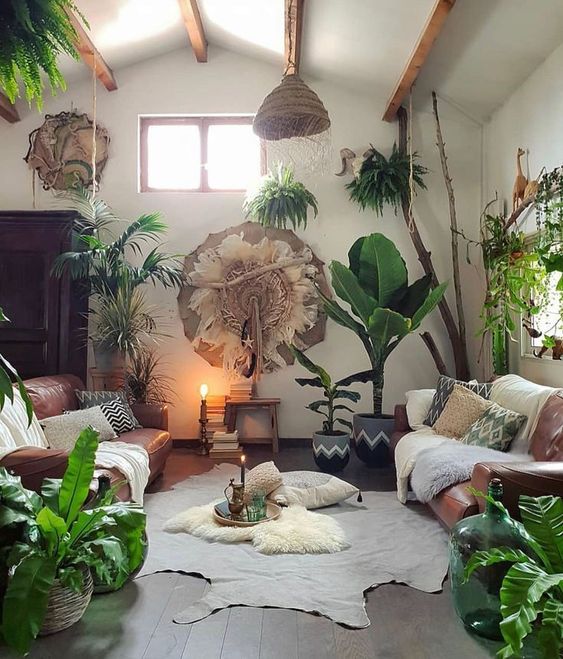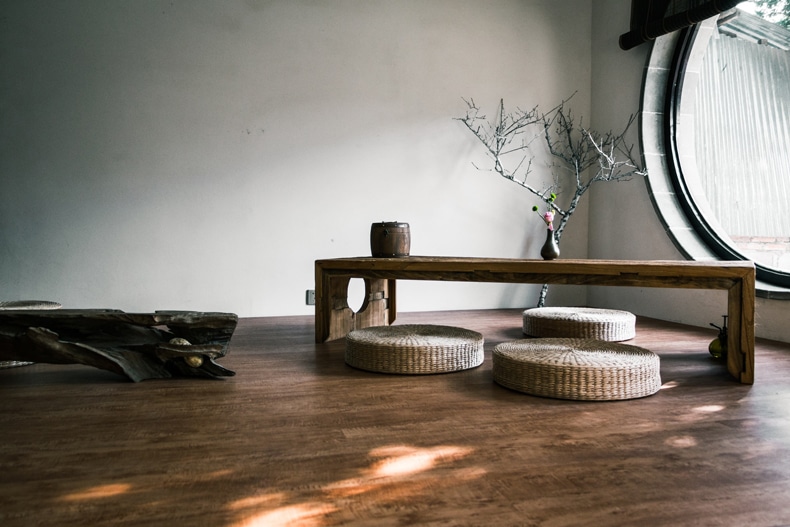Cultivating Tranquility: An Exploration of Zen Home Decor
Related Articles: Cultivating Tranquility: An Exploration of Zen Home Decor
Introduction
With great pleasure, we will explore the intriguing topic related to Cultivating Tranquility: An Exploration of Zen Home Decor. Let’s weave interesting information and offer fresh perspectives to the readers.
Table of Content
Cultivating Tranquility: An Exploration of Zen Home Decor
:max_bytes(150000):strip_icc()/cdn.cliqueinc.com__cache__posts__252404__zen-living-rooms-252404-1521148948714-image.700x0c-2234e0ef98cd409694773d3f82874544.jpg)
Zen, a school of Mahayana Buddhism, emphasizes mindfulness, meditation, and the pursuit of enlightenment. Its principles, often associated with serenity and simplicity, have transcended religious boundaries to influence various aspects of life, including home decor. This article delves into the essence of Zen home decor, exploring its core principles, benefits, and practical applications.
The Essence of Zen Home Decor
Zen home decor is not merely about aesthetics; it’s a philosophy manifested in the physical environment. It aims to create a space that fosters calmness, clarity, and a sense of balance, promoting well-being and mindfulness. Key principles underpin this approach:
- Minimalism: Zen emphasizes simplicity, discarding clutter and unnecessary items. This decluttering process, often referred to as "shakkei," allows for a sense of openness and spaciousness, enabling the mind to relax and focus.
- Natural Elements: Incorporating natural materials like wood, bamboo, stone, and cotton brings a sense of grounding and connection to nature. These elements contribute to a calming atmosphere and enhance the overall sense of tranquility.
- Symmetry and Balance: Zen aesthetics value symmetry and balance, creating visual harmony. This is reflected in the placement of furniture, artwork, and decorative elements, ensuring a sense of order and equilibrium.
- Negative Space: Zen emphasizes the importance of negative space, or "ma." This refers to the empty areas within a room, allowing for visual breathing room and preventing visual overload. Negative space fosters a sense of peace and tranquility.
- Light and Air: Natural light and good ventilation are crucial in Zen decor. These elements contribute to a sense of openness and promote a positive flow of energy.
Benefits of Zen Home Decor
Beyond aesthetics, Zen home decor offers numerous psychological and emotional benefits:
- Reduced Stress and Anxiety: The calming atmosphere created by a Zen-inspired space can significantly reduce stress and anxiety levels. The minimalist approach and the use of natural elements create a sense of peace and tranquility, promoting relaxation and mental clarity.
- Improved Focus and Concentration: The clutter-free environment and the emphasis on negative space create a conducive atmosphere for concentration and focus. This is particularly beneficial for workspaces, study areas, and meditation corners.
- Enhanced Creativity: The minimalist aesthetic and the focus on natural elements can inspire creativity and stimulate new ideas. The absence of visual clutter allows the mind to wander freely, promoting a state of openness and receptiveness.
- Increased Mindfulness: The principles of Zen decor encourage mindfulness, drawing attention to the present moment. The act of decluttering, selecting natural elements, and creating a balanced space fosters a sense of awareness and appreciation for the simple things in life.
- Improved Sleep Quality: The calming atmosphere created by a Zen-inspired bedroom can significantly improve sleep quality. The absence of clutter, the use of natural materials, and the emphasis on light and air create a conducive environment for restful sleep.
Practical Applications of Zen Home Decor
Zen principles can be applied to any space, from a small apartment to a sprawling home. Here are some practical tips for incorporating Zen elements into your living environment:
- Declutter: Start by decluttering your space, removing unnecessary items and organizing belongings. Focus on keeping only what you truly need and love.
- Embrace Natural Elements: Incorporate natural materials like wood, bamboo, stone, and cotton into furniture, decor, and textiles. Consider using natural fibers for rugs, curtains, and bedding.
- Choose a Neutral Color Palette: Opt for a neutral color palette, focusing on calming shades like white, beige, gray, and earthy tones. These colors promote a sense of tranquility and balance.
- Create Visual Balance: Pay attention to symmetry and balance when arranging furniture and decor. Ensure that elements are placed thoughtfully, creating a sense of visual harmony.
- Utilize Negative Space: Leave some empty space within your rooms, allowing for visual breathing room. This creates a sense of spaciousness and prevents visual overload.
- Incorporate Natural Light: Maximize natural light by using light-colored walls and curtains, and consider adding mirrors to reflect light. Natural light promotes a sense of openness and well-being.
- Use Minimalist Accessories: Choose minimalist accessories that are functional and aesthetically pleasing. Avoid overly ornate or cluttered decorations.
- Create a Meditation Corner: Designate a specific area for meditation or quiet reflection. This space should be clutter-free, well-lit, and equipped with a comfortable cushion or chair.
- Incorporate Plants: Plants bring life and energy into a space, adding a touch of nature and promoting a sense of tranquility. Choose plants that thrive in your home’s environment.
FAQs on Zen Home Decor
Q: What are some common mistakes to avoid when designing a Zen-inspired space?
A: Avoid over-cluttering, using overly bright or jarring colors, and incorporating too many decorative elements. Remember, Zen emphasizes simplicity and balance.
Q: Can I incorporate personal items into a Zen home decor?
A: Absolutely. Zen is about finding balance and creating a space that reflects your personal style. Choose items that hold meaning and evoke positive feelings, ensuring they align with the principles of minimalism and natural elements.
Q: How can I create a Zen-inspired bedroom?
A: Choose a neutral color palette, use natural materials for bedding and furniture, and minimize clutter. Ensure adequate lighting, and consider incorporating a meditation corner or a calming artwork.
Q: Does a Zen home decor require a complete overhaul?
A: Not necessarily. You can gradually incorporate Zen principles into your existing decor. Start by decluttering a small area, adding a natural element, or adjusting the lighting.
Q: Can I achieve Zen decor on a budget?
A: Yes, absolutely. Zen emphasizes simplicity and functionality, so you can achieve a Zen-inspired space without spending a fortune. Focus on decluttering, utilizing natural elements you already have, and incorporating DIY projects.
Conclusion
Zen home decor is a powerful approach to creating a calming and harmonious living environment. By embracing minimalism, incorporating natural elements, and fostering a sense of balance, you can transform your home into a sanctuary of peace and tranquility. The benefits extend beyond aesthetics, promoting mental clarity, reducing stress, and fostering mindfulness. Ultimately, Zen home decor is not just about design; it’s about creating a space that nourishes your mind, body, and spirit.








Closure
Thus, we hope this article has provided valuable insights into Cultivating Tranquility: An Exploration of Zen Home Decor. We hope you find this article informative and beneficial. See you in our next article!